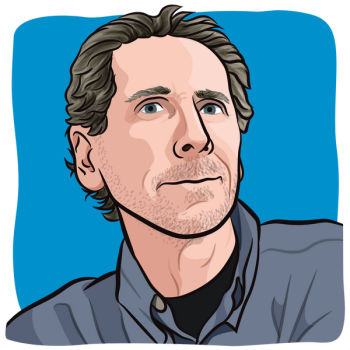
Having someone beside you to accompany you during doctor's visits to take notes or having someone to help you find the right specialist or even to just help research what treatment options are available can be incredibly helpful.

Having someone beside you to accompany you during doctor's visits to take notes or having someone to help you find the right specialist or even to just help research what treatment options are available can be incredibly helpful.
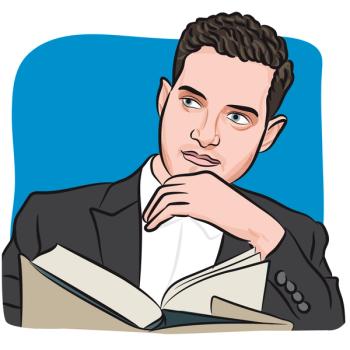
I trusted my oncology team with my life, so it was important that I found doctors I was comfortable with.
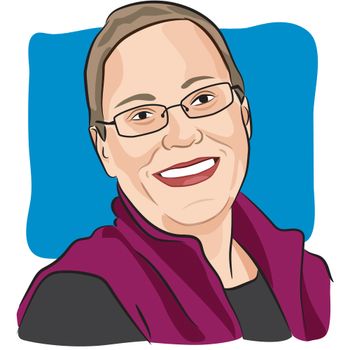
I’m not going to worry that I’m changing my own health by saying out loud that this cancer stuff is hard and scary and kills way too many people every single day.
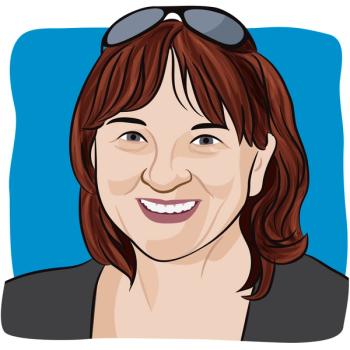
Watching my daughter’s life be interrupted by breast cancer made me want to help other parents who might find themselves in a similar situation.
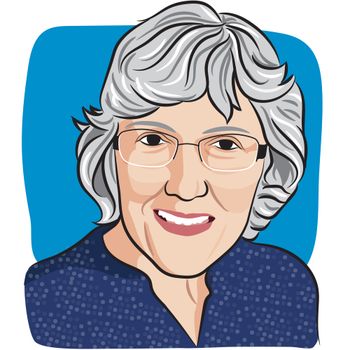
It’s good to have all the facts when you decide whether to participate in a cancer drug clinical trial—even the ones that make you swallow hard and tear up.
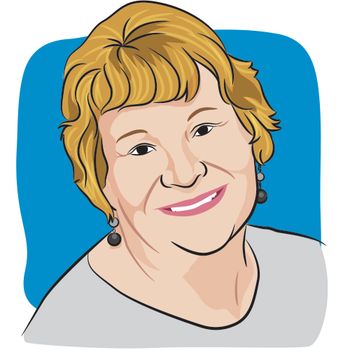
My worst fear came true: I was diagnosed with COVID-19 while going through cancer. Now I live my life day by day.
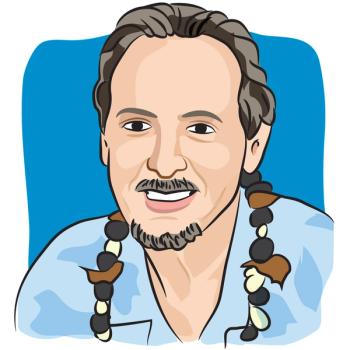
In the immediate instance — and that’s where life is lived — I won’t spend my energy fighting against cancer. But that does not mean I don’t care.

I didn’t know that starting a blog and turning to social media at the age of 30 after a cancer diagnosis would be so beneficial. But, I’m glad it turned out that way.
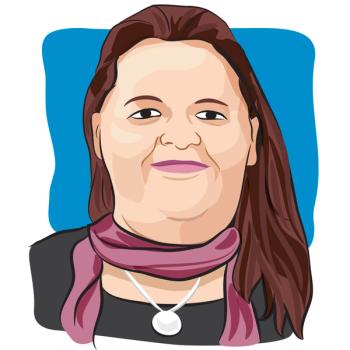
I can’t imagine not seeing my sister during her blood cancer treatment, but I also struggle to picture the effects of infecting her with COVID-19.

When I was diagnosed with stage 4 cancer, I was comforted by a simple phrase my oncologist told my husband.

I haven’t seen many 10-year triple-positive breast cancer survivors in my online support groups, but I can’t help but wonder: will my daughter be the one?

I was told that I would miscarry my pregnancy, but continued to feel more pregnant, leading to my molar pregnancy diagnosis — a condition I’ve never heard of before.

I’ve always received impeccable care at my cancer center, but a recent experience made me feel like I was no longer a priority.

Cancer is a dangerous disease that comes with many difficult decisions, making me constantly feel like I’m living on the edge.
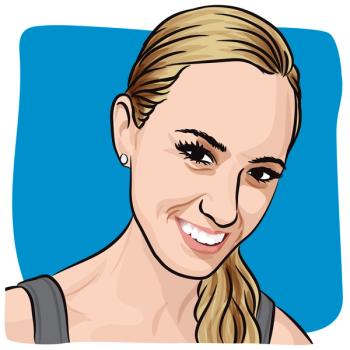
When you put your feelings out there in cancer support groups — be it in-person or virtual — you’re opening your ideas up to others’ interpretation, and some might not like what you have to say.

Anger is a reaction to injustice, which cancer certainly is. Sometimes I wished there was a place in the cancer treatment centers to let that rage out.
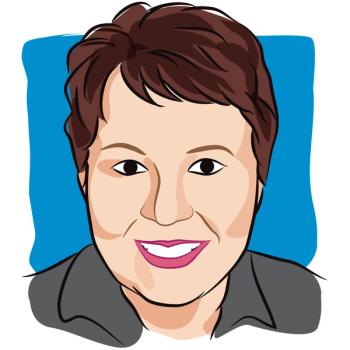
When my brother was diagnosed with cancer, I faced challenges of reliving my own journey while trying to help him know what to expect.
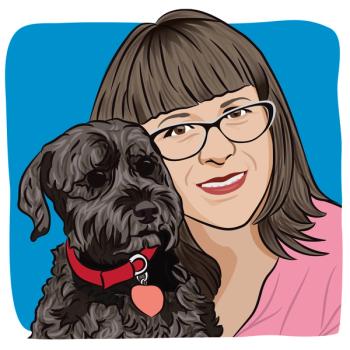
From Plan A and B to “donut coverage,” choosing a Medicare plan is frustrating — especially when considering the costs of a cancer diagnosis.
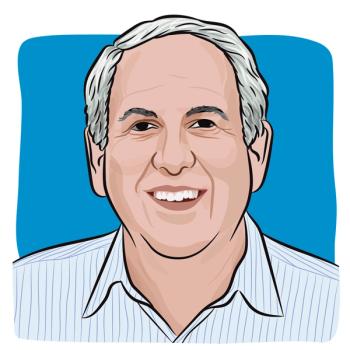
As I go in for another cancer follow-up, I need to remind myself that what could happen is different from what would happen.
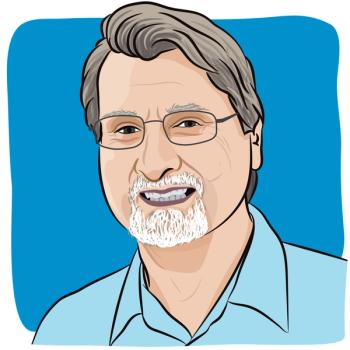
After experiencing cancer, I feel a profound sense of empathy for others in tough situations, from the war in Ukraine to COVID-19.

I like to think that cancer advocates live the motto of the postal service, “Neither snow nor rain nor heat nor gloom of night stays these couriers from their swift completion of their appointed rounds.”

I was never a gambler … that is, until I was diagnosed with cancer.
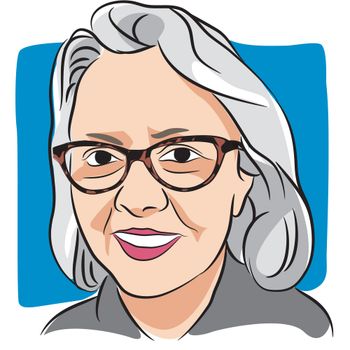
Finding a swimsuit if you have not chosen reconstruction after breast cancer can be a challenge, but there are many ways to find what best works for you.

Should I mention my daughter’s cancer diagnosis, or keep people blissfully unaware, and say that we’re all doing fine?
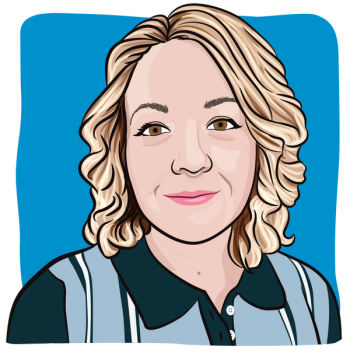
I can’t stand the “battle language” of cancer, including terms like “cancer warrior” and “losing the battle” with the disease.
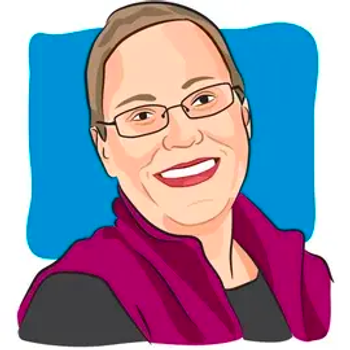
When it comes to both COVID-19 precautions and life with cancer, I feel like I have to sacrifice some privacy to gain understanding from the people around me.

The cancer experience is far from over when scans turn up clear. Here’s how I deal with triggering reminders of the disease.

With Mother’s Day upon us, I’m advocating for better genetic cancer screening so that no more children are motherless on this day.

After my sister was re-diagnosed with stage 4 cancer, I was reminded to find laughter in every day because nobody knows what tomorrow holds.

A recent injury reminded me that I could be dropped into the “cancer blender” at any time, though I should not focus on all the “what ifs.”